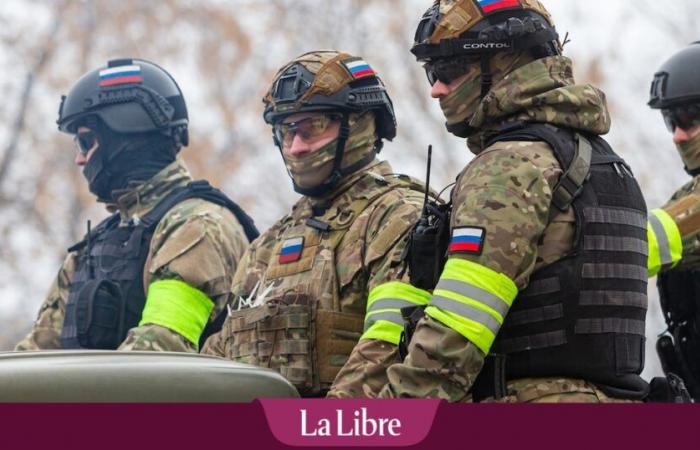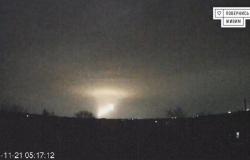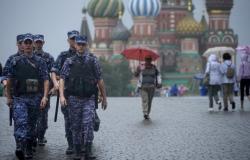
Advances of 20-30 km² per day
However, this failure bodes ill for kyiv, which is experiencing complicated times with significant Russian progress in the region. “This is characteristic of what is happening in the south-east of Ukraine. The Ukrainians have to give up a lot of ground in a relatively short time. It’s still problematic, not because the city is important, but because it’s really symbolic. This represents the defensive problems facing the Ukrainians at the moment“, he explains. “Since the fall of Vouhledar a few weeks ago, the Russians have begun to conquer larger parts of Ukraine. I am then thinking of advances of 20-30 km² per day, which is relatively a lot. The loss of Kurakhove is part of this acceleration of Russian operations in southeastern Ukraine. For the moment, the Russians have a lot of energy, they are gaining a lot of ground. For me, Kurakhove is an obligatory crossing point for the Russians.” “But that won’t change the war“, he explains.
War in Ukraine: with the battle of Kurakhove, kyiv could lose its last point of defense in southern Donbass
How can we counter the encirclement tactics carried out by Russian forces?
For Tom Simoens, the main problem of Ukrainian defense is “Russian tactical aviation bombing Ukrainian positions with gliding bombs“These bombs are very precise and can be sent a few dozen kilometers from the front line, thus allowing the Russian army to reach its targets while remaining at a distance. But it points to a significant advantage of the Ukrainian defense. “The Ukrainians succeed in inflicting losses on the Russians. So if Kurakhove falls in the coming days, it will have cost the Russians very dearly in terms of human lives, losses of military vehicles, etc. This is what the Ukrainians are doing, I think, quite well: giving ground, but always at a high price for the Russians. Their hope is to wear out the Russians more than it wears out the Ukrainians. But I’m not sure that in the long term this strategy will make them win. But at least they are trying to maximize Russian losses and minimize Ukrainian losses.”
According to the ERM professor, it is only a matter of time before the city falls. The challenge for kyiv therefore lies more in stopping the increase in Russian progression. “A year ago, Russian daily progress was 2-3 km² per day, with as many attacks. So the intensity of hostilities has not increased much, but Russian output has increased significantly“, he adds.
“It is uncertain whether Russian forces will be able to make further advances in western Donetsk Oblast”
A trigger for future negotiations?
According to Tom Simoens, the conquest of Kurakhove should not influence the opening of negotiations between kyiv and Moscow. “Ukrainians are talking more and more about negotiations. But in my opinion, the Russians are not ready to negotiate. They understand that their time has come, and I think they hope to go further before negotiating anything“He believes that Moscow will not be satisfied with anything less than the total capitulation of the Ukrainians. This would involve a change of regime and government, a significant sacrifice that the Ukrainians do not appear to be prepared to grant.”Ukrainians are not yet so desperate to accept this. And on the other hand, the Russians, for the moment, are not ready to start negotiations because according to their analysis, they are winning“, he concludes.





